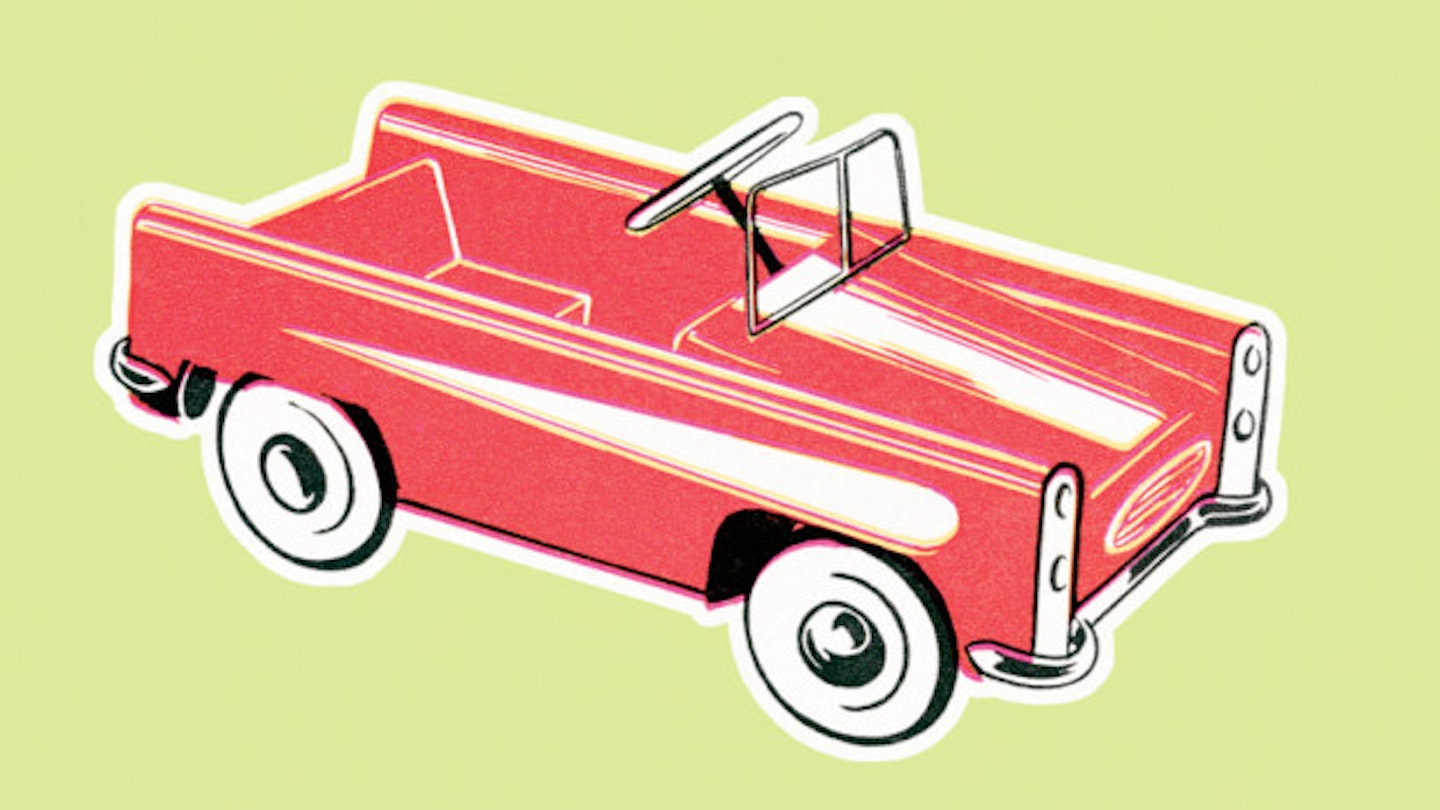There are plenty of tricks you can teach an old dog: how to dribble on a sofa cushion, how to fart like an atomic bomb, how to ignore balls and chew orthopaedic slippers. But, as I nudge over The Big Three Oh (30), I do wonder if I’ve left if just a little late to get behind the wheel.
So we spoke to a number of driving instructors to ask, can you be too old to learn to drive?
Claire Bracegirdle, based in Manchester, has been an AA driving instructor for 17 years and now trains driving instructors. ‘The oldest student I had was probably a woman in her 70s,’ Claire tells me over the phone from the motorway, as she drove to Scotland (hands free, obvs).
How long did that take? ‘It was an automatic and probably took the best part of 12 months.’
Doing a little reverse maths I reckon that means I’m staring down the barrel of at least six months of lessons. ‘On average I’d say learning to drive takes about 40-45 hours,’ she tells me. Blimey. I could have a baby in that time.
‘Generally, younger learners do tend to pick it up faster than older students,’ says Charlene Gilkes of the Drivezire Motoring School in London. ‘All you need to understand is that learning to drive is a process. If you have the determination, patience and a good instructor, anyone will be able to achieve obtaining a full UK licence.’
Does it get harder as you get older? ‘I would say that students who started later in life do tend to require more lessons,’ says Charlene. ‘Younger people are either still studying or it hasn’t been long since they were in education, so their brains are like sponges. Also, at times, the younger learner will have more passion or motivation to achieve it, to keep up with their peers.’
Older drivers are also, according to Claire, more risk-averse. ‘As you get older, you see the dangers.’
People my age will see the possible danger not just in moving vehicles but also from things like parked cars, people coming out of their houses, dogs, blind corners, etc. ‘But that means when you do get your license, you become a better driver,’ says Claire, reassuringly.
The main thing, argues Claire, is to be able to anticipate what other drivers are doing. This might be where my years of cycling will come in useful. ‘I have found learners with a cycling background are able to read traffic situations a little better,’ says Charlene. ‘They also have a basic knowledge of the dos and don'ts of the road.’
What about those intensive courses? Are they good for people in their 30s who might to be able to commit to the structure of weekly lessons? ‘I don’t believe there’s a place for intensive courses,’ says Claire. ‘There’s way too much to learn in a week. It’s like learning the piano, you have to practice.
‘You could probably be taught how to move the car from A-B, but driving is all about judging what other people might do. You need to control the vehicle but also anticipate the other people on the road.’
‘I always tell my students when your lesson ends, that’s not the end of your learning for that week,’ says Charlene. ‘Also watch other people when you’re in a car. This will help you to understand what you need to do, as well as revise your signs and look through the highway code.’
So, if you’re the wrong side of 17 and, like me, wondering if you’ve left it too late to learn to drive, take heart from this bit of advice from Charlene: ‘Don’t put it off any longer. It’s better to get it out of the way when you can and it’s a great skill to have. Just remember it’s a process and may take longer than expected.However, you will get there in the end. Just be patient.’
**Like this? Then you may be interested in: **
Women Better At ‘Man Skills’ If They Take The Pill, Study Says
This article originally appeared on The Debrief.
